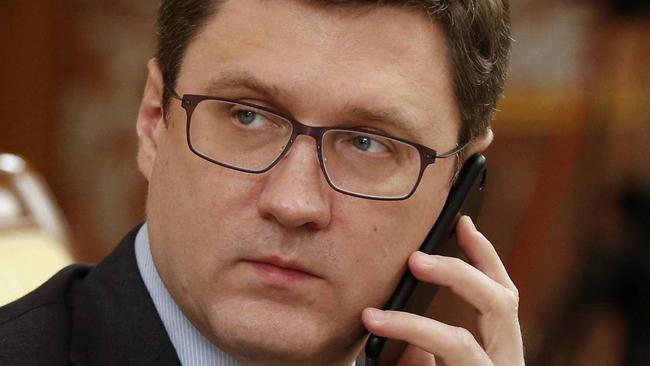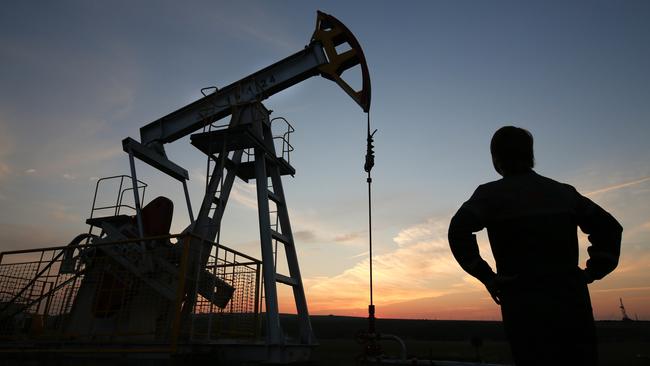Putin mulls retaliation for sanctions and oil production appears to be his biggest weapon
Russia’s Deputy Prime Minister hinted Moscow could cut production by up to 7 per cent but on Saturday appeared to backtrack.
The global oil market is braced for fresh volatility at the start of year after Russia sent out conflicting messages over how much oil it would produce in retaliation against an international price cap to limit Moscow’s energy revenues.
Alexander Novak, Russia’s Deputy Prime Minister, caused oil prices to jump last Friday after he warned that Moscow could cut production by up to 7 per cent, or 700,000 barrels per day, at the start of next year to target countries that had taken part in the price cap.
He appeared to step back from the warning on Saturday, saying Russia could still boost oil production if a European ban on refined oil products that comes into force next year hurts Moscow’s lucrative energy industry.

“If there are problems with the sale of petroleum products, oil refining to some extent can be replaced by additional volumes of oil exports,” Novak told Russian state TV Tass.
Moscow has increased its warnings over oil and gas production after G7 nations and the European Union agreed an international price cap on Russia’s seaborne exports on December 5. Preliminary data has shown a fall of more than 50 per cent in Russia’s oil export volumes a week after the cap was introduced, according to numbers from Bloomberg.
Tatiana Orlova, of Oxford Economics, said the drop in exports was unlikely to be the result of Moscow deliberately cutting back on production as Vladimir Putin mulls his response to sanctions. “The collapse in volumes appears related to logistics including shipping shortages,” Orlova said.

Brent crude prices rose 3.7 per cent on Friday to dollars 83.87 per barrel and West Texas Intermediate was up by 2.4 per cent after Moscow said that it would ban oil sales to any countries that were part of the price cap.
Western economies have sought to impose tougher sanctions on Russia’s vast energy exports, which have been a bountiful source of revenue to use for Putin’s war in Ukraine.
Alongside the G7 price cap, most EU member states have agreed a ban on Russian oil and oil-related products that will be fully in force in February. Brussels also agreed to impose a price cap on gas imports this month.
Oil markets were hit in the aftermath of Russia’s invasion of Ukraine, forcing Brent crude to as high as dollars 140 per barrel. Prices have fallen back below dollars 100 as a slowing world economy and China’s strict zero-Covid lockdown policy has suppressed demand from the world’s largest oil importer.
www.thetimes.co.uk/article/oil-set-for-volatile-start-to-year-after-russia-threat-hmtmz6ks2
The Times



To join the conversation, please log in. Don't have an account? Register
Join the conversation, you are commenting as Logout